- Dubai International Financial Centre records strong growth in H1 2022, reaffirming Dubai’s status as a global financial hub
Maktoum bin Mohammed: DIFC’s first-half performance is testament to Dubai’s ability to accelerate knowledge and innovation-driven growth, backed by its strong and stable economy
- Strong performance reaffirms Dubai's position as a leading global hub for financial institutions, FinTechs and innovation firms, in line with DIFC’s Strategy 2030
- Total number of registered companies grew from 3,297 to 4,031, a 22 per cent year-on-year growth, fuelling unprecedented levels of workforce growth
- 537 new companies join DIFC in H1 2022, an 11 per cent year-to-date increase
- DIFC is now home to 1,252 financial and innovation-related companies, up 22 per cent from the first half of 2021
- FinTech and innovation companies continue to be key growth drivers, increasing from 406 to 599, up 23 per cent year-on-year
Dubai International Financial Centre (DIFC), the leading global financial centre in the Middle East, Africa and South Asia (MEASA) region, delivered robust growth in the first half of 2022. The Centre’s strong performance reinforces DIFC’s Strategy 2030 to drive the future of finance, differentiate Dubai as a global hub for financial institutions, FinTech and innovation companies, and increase its economic contribution to the emirate.
A total of 537 new entities registered during the first half of this year, representing an 11 per cent year-to-date increase. The total number of companies operating in DIFC has gone up from 3,297 to 4,031 at the end of June 2022, an increase of 22 per cent year-on-year.
This led to the fastest job creation growth rate since inception, and further expands the largest and most diverse pool of industry talent in the region. As a result, the demand for commercial space also surged.
Demonstrating the attractiveness of DIFC’s market-leading operating environment, legal and regulatory framework, innovation offering and ecosystem depth, the Centre is now home to 1,252 financial and innovation related companies, an increase of 22 per cent from the same period in 2021. FinTech and innovation companies jumped from 406 to 599, a 23 per cent increase year-on-year. New clients include, Rapyd, the first Israeli firm to be regulated in the UAE; Tarabut Gateway, the first regulated Open Banking platform to be licensed by the DFSA; KMMRCE Holdings, a leading Dubai-based digital-first technology provider; Oneglobal Broking, specialist international broking company; and ADIB Capital Ltd. for Wealth & Asset Management.
His Highness Sheikh Maktoum bin Mohammed bin Rashid Al Maktoum, Deputy Ruler of Dubai, Deputy Prime Minister and Minister of Finance of the UAE and President of DIFC, said: “The continuing strong momentum of Dubai International Financial Centre’s growth yet again validates the far-reaching vision of His Highness Sheikh Mohammed bin Rashid Al Maktoum, Vice President and Prime Minister of the UAE and Ruler of Dubai, to create a financial hub in Dubai that rivals the world’s best. DIFC’s H1 performance is testament to Dubai’s ability to accelerate knowledge and innovation-driven growth amidst a rapidly evolving international environment, backed by the emirate’s strong and stable economy.
“Dubai International Financial Centre has created a strong platform for financial companies across the spectrum including global majors, regional players and promising entrepreneurial ventures to innovate, scale their business and add value to the economy. The continued expansion of the thriving financial community also shows DIFC’s growing global profile as an industry cluster that offers exceptional opportunities for expansion and business enterprise. DIFC will continue to build productive and long-lasting partnerships with financial companies worldwide by providing them the infrastructure and support needed to enhance their stability, competitiveness and growth potential.”
His Excellency Essa Kazim, Governor of DIFC, added: “DIFC’s strong results reflect the trust that businesses from around the world continue to place in Dubai as a financial hub. Looking ahead, the ambitious steps taken by Dubai and specifically DIFC to drive the future of finance, will generate a significant number of new opportunities for businesses. In addition, they will pave the way for continued economic growth in our region and across the globe, enabling us to further raise our competitiveness and differentiate the Emirate as a top global centre for finance, FinTech and innovation.”
Arif Amiri, Chief Executive Officer of DIFC Authority, said: “DIFC has been defining the region’s financial sector for several years. During the first half of 2022, we continued to shape the industry by introducing initiatives aligned to our Strategy 2030, which led to attracting new businesses and talent to our ecosystem at an unprecedented pace. Spearheading FinTech and innovation initiatives; evolving our laws and regulations; and influencing thinking with counterparts across the globe are contributing to our success. These factors will continue to enable our partners and clients to lead the way in delivering the future of finance, which supports our nation's growth ambitions as an innovation economy.”
Driving innovation
DIFC continues to be at the forefront of FinTech and innovation evolution. In June, DIFC hosted FinTech Week, the region’s largest gathering of FinTech innovators, leading investment firms, banks, policymakers, and service providers, to speed up the adoption of next-gen technology solutions in the industry.
To support the growth of FinTech and innovation companies in the region, DIFC has expanded its Innovation Hub proposition by launching a global Venture Studios hub and introducing a USD 100 million Venture Debt Fund.
In alignment with the country’s vision to become a global benchmark in Open Finance, DIFC has established the region’s first Open Finance Lab, following an agreement with the Central Bank of the UAE. The lab will work in collaboration with banks, FinTechs, regulators and the industry to unlock the next wave of growth for the sector and increase consumer protection, financial inclusion, social benefits and economic opportunities.
During the first half of the year, a UAE-India Start-Up Corridor agreement was established and a new licence for Artificial Intelligence and Coding was created to attract more businesses to establish their presence in DIFC.
The DIFC Employee Workplace Savings (DEWS) plan is being expanded to include expatriates in Dubai government entities. This further supports DIFC’s vision to drive the future of finance in the region by reforming the end-of-service benefit arrangements to align with the global retirement savings standards.
Catalyst for economic growth
DIFC is the region’s largest ecosystem of financial services related companies. DIFC’s 2021 contribution to Dubai Nominal GDP is estimated to be 5 per cent, and the contribution of DIFC financial firms to the UAE financial services sector is over 13 per cent, making the Centre a key growth driver for Dubai and the UAE.
Amongst its 4,031 entities, DIFC is currently home to 17 of the world’s top 20 banks, 25 of the world’s top 30 global systemically important banks, five of the top 10 insurance companies, five of the top 10 asset managers, and many leading global law and consulting firms.
In addition to supporting new clients, DIFC works with its existing well-established clients to capture further opportunities in the region. This year, clients, such as Societe Generale, one of Europe’s pre-eminent financial groups; and Al Ahli Bank of Kuwait, one of the leading banks in the region, have expanded their presence with a licence upgrade.
Enabling platform for businesses
DIFC continues to develop its laws, regulations and industry thinking to differentiate its position as a global financial centre.
During the first half of this year, changes to DIFC laws and regulations included amendments to its globally recognised data protection law. The law supports the development of technology and innovation, while ensuring that the rights of individuals are properly safeguarded by the companies in DIFC and those they engage with. The DIFC Data Protection Law is in the final stages of being evaluated for equivalence with the United Kingdom’s privacy laws, a partnership that will provide practical solutions to the complex issues involved with data sharing across borders.
The Centre also generated a new wave of interest in Dubai from US financial services companies. This was following its successful roadshow with senior executives from more than 100 leading American financial services and technology companies in attendance. In addition, the Republic of Türkiye Roadshow witnessed a series of strategic meetings with key clients and partners in Istanbul in a move to create strong partnerships with companies in Republic of Türkiye. In the Middle East, DIFC held a successful roundtable in Tel Aviv, Israel, with 30 prospective clients across a wide range of businesses in the financial services sector. The roundtable – MEASA Growth Opportunities for Israeli Tech Firms – discussed the benefits for Israeli FinTech companies establishing a presence in DIFC. Another important roadshow was held in Cairo, Egypt, with 89 firms and entrepreneurs in attendance, exploring how Dubai and DIFC can support family businesses to optimise corporate and financial structures, access market opportunities and harness digital technologies.
In collaboration with the World Alliance of Financial Centers and the Z/Yen Group, DIFC also led the development of a white paper, The Future of Financial Centres. The white paper focused on the role financial centres play in supporting global economic growth and sharing a vision for 2030. The Centre has already introduced several of the recommendations, giving it an early-mover advantage. DIFC chairs the Dubai Sustainable Finance Working Group (DSFWG), which was established in 2019 with the objective to create the region’s leading sustainable financial hub. In the first half of 2022, the DSFWG established four sub-working groups that are developing industry reports and tools with the aim to advance ESG (Environmental, Social and Governance) awareness, expertise and adoption in Dubai and the wider region.



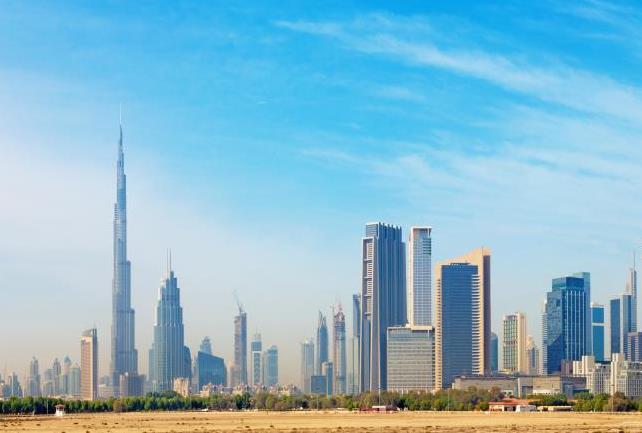
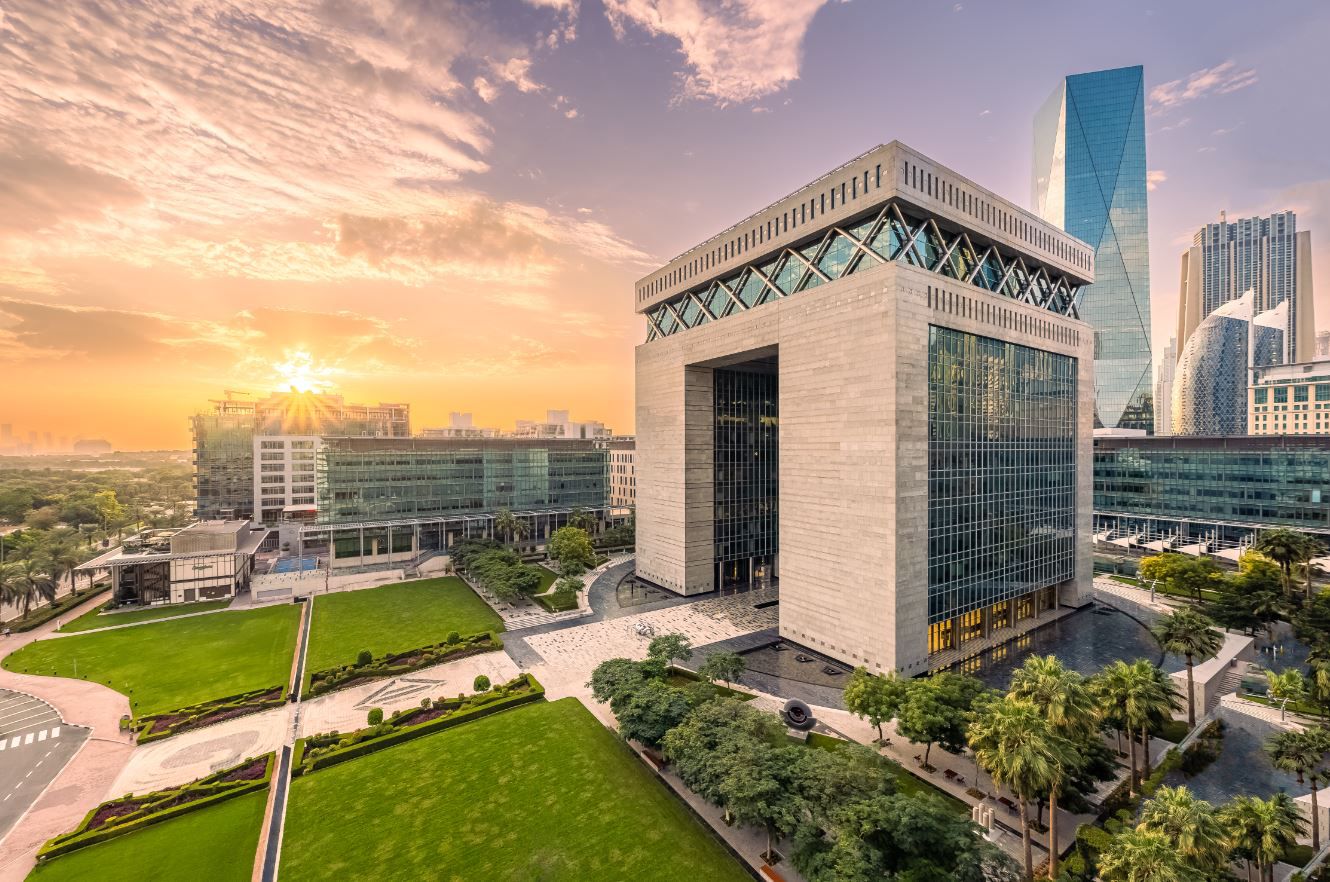
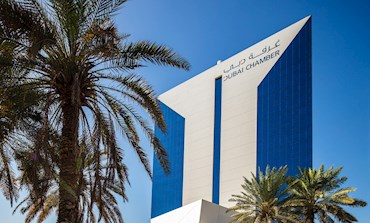
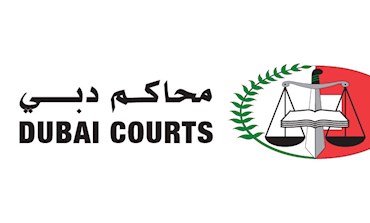
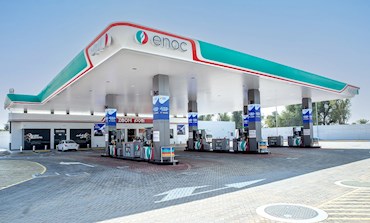

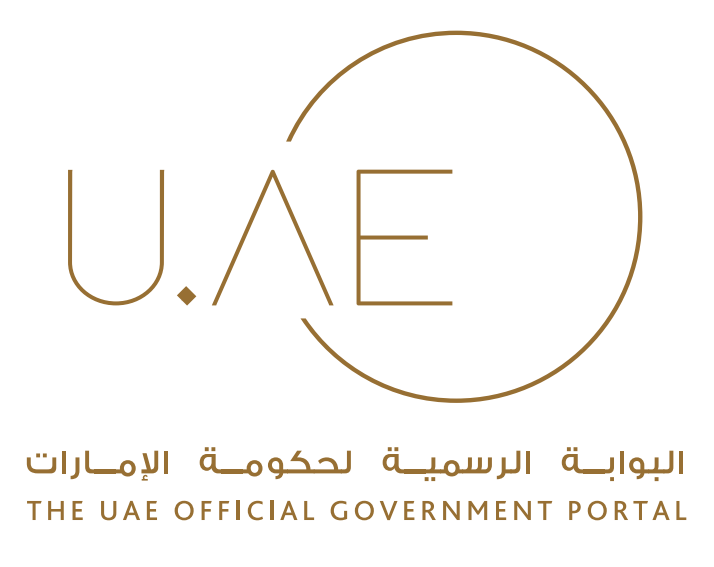
 For an optimal experience please
For an optimal experience please